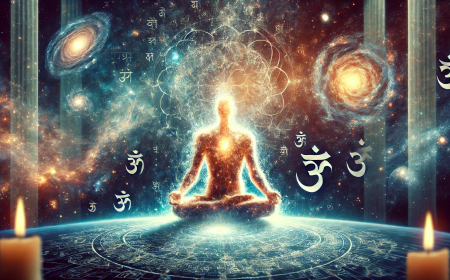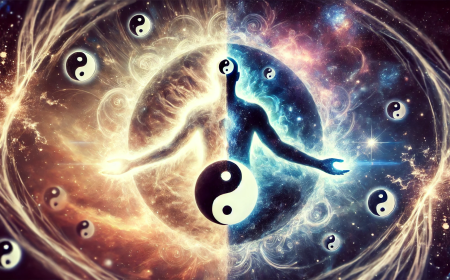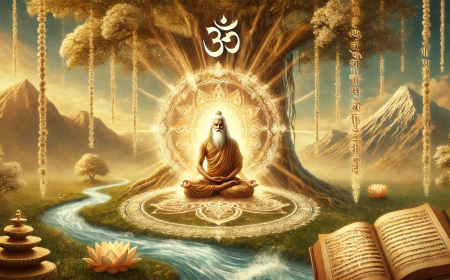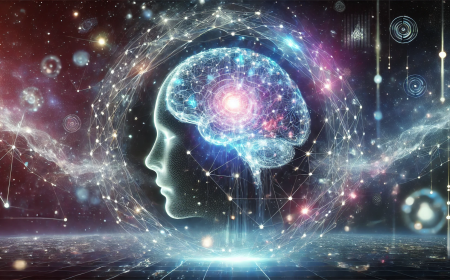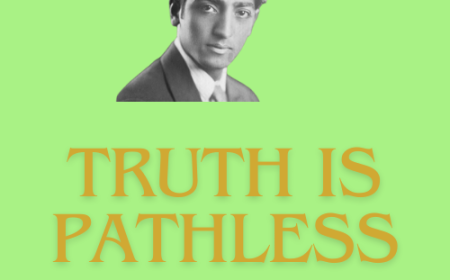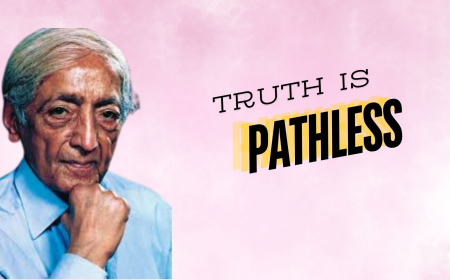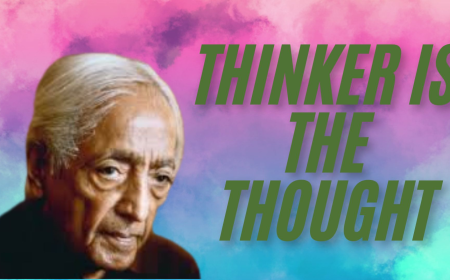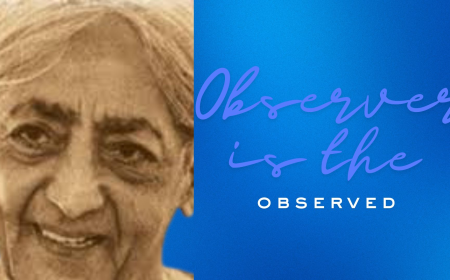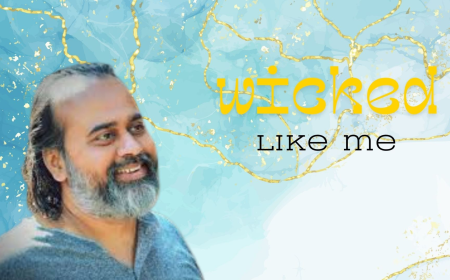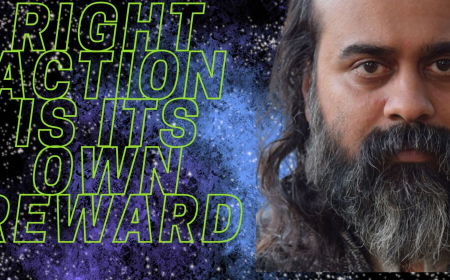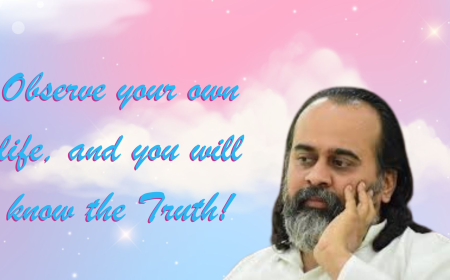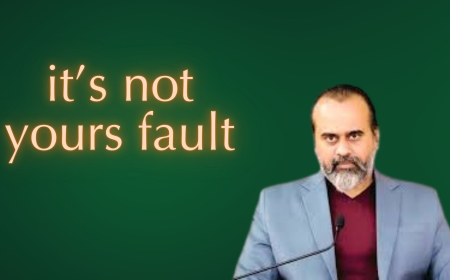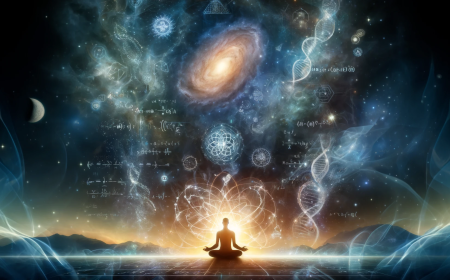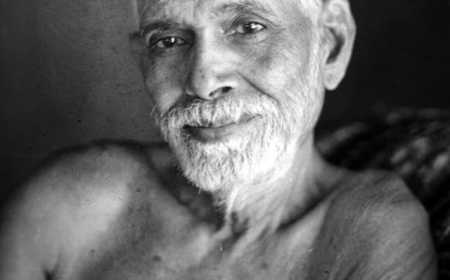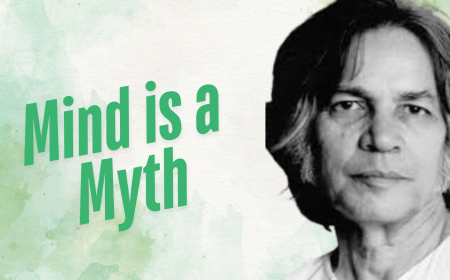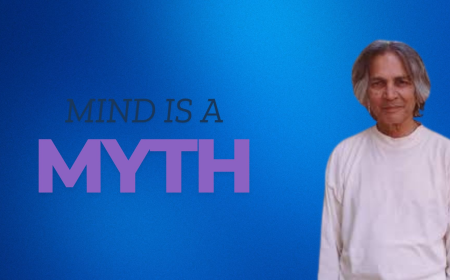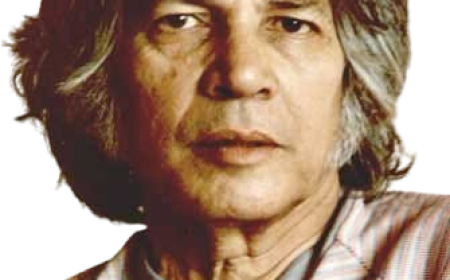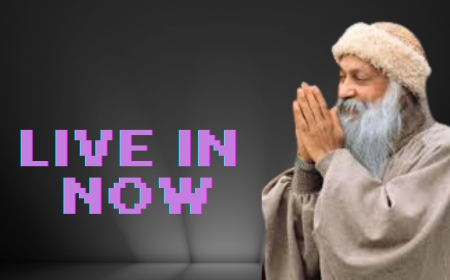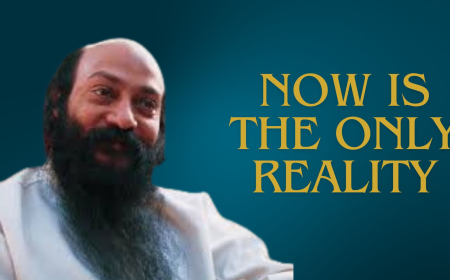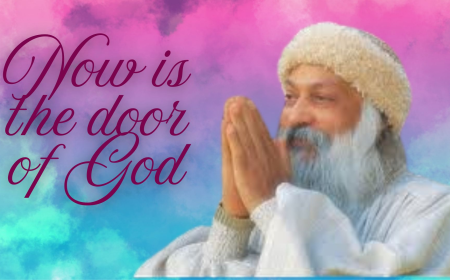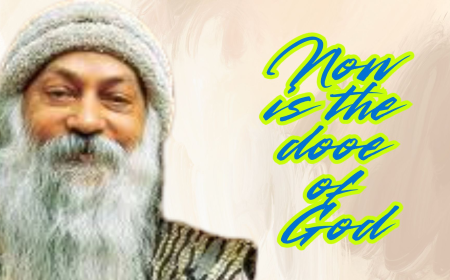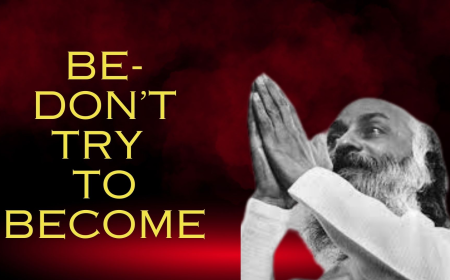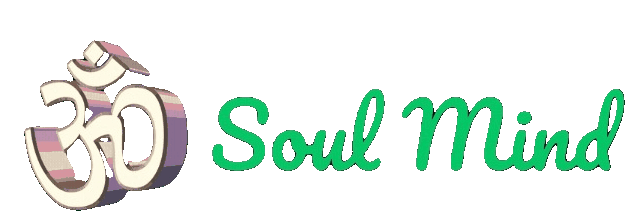Not Knowing is Your Natural State
Discover the truth about the state of "not knowing" and why seeking enlightenment through thought is an illusion. Explore the limitations of thought, cultural conditioning, and the myth of a thoughtless state. Learn how to break free from mental conditioning and align with your natural state effortlessly.

Introduction
Have you ever wondered what it means to exist beyond thought? The state of "not knowing" is not a mystical concept or an achievement of enlightenment—it is the natural state of every human being. However, the constant pursuit of knowledge, freedom, and self-realization often leads us further away from this intrinsic state.
In this blog, we’ll explore the limitations of thought, the impact of cultural conditioning, and why the idea of a "thoughtless state" is a myth. If you are seeking clarity on consciousness, meditation, and true awareness, read on.
The Illusion of Seeking Enlightenment
Many people believe that liberation or enlightenment is something to attain. They look to gurus, religious teachings, and self-help philosophies to guide them toward a state of bliss. However, this search itself is the barrier. When you seek something outside of yourself, you reinforce the idea that you are incomplete.
The truth is that your natural state is already present, but it is clouded by thought. Thought, which is often mistaken for intelligence, is merely an evolutionary tool—an instrument shaped by culture and conditioning. We are born into a system that teaches us what to think, how to behave, and what to believe, making it nearly impossible to separate ourselves from it.
The Limitations of Thought
To understand the constraints of thought, we must first define it. Thought is often described as matter, energy, or vibration. It operates within an electromagnetic field that our bodies naturally generate. However, this field is deeply influenced by societal norms, traditions, and beliefs.
Breaking free from this conditioning is challenging because we are its very product. We cannot separate ourselves from culture, yet culture is precisely what keeps us from experiencing our natural state.
Can the Natural State Be Described?
One might ask, "If the natural state exists, why can’t it be explained?" The answer is simple: it cannot be captured by thought. Consciousness, as we understand it, arises when thought mediates between perception and experience.
For instance, when you look at an object, thought names it, categorizes it, and assigns meaning to it. Without this mental process, you wouldn’t be "conscious" of it in the conventional sense. However, there exists a space where you are neither conscious nor unconscious—where awareness functions without the interference of thought.
The Myth of a "Thoughtless State"
Many spiritual traditions promote the idea of achieving a thoughtless or meditative state, often associated with bliss and enlightenment. But in reality, no such state exists. Thoughts are always present; they are part of being alive. The only way to have no thoughts is to be a lifeless body.
If a teacher promises you a state of absolute stillness where thought ceases and bliss takes over, they are misleading you. Bliss, joy, and love are emotions that arise within consciousness, but they cannot be sustained as permanent states. The pursuit of such experiences only reinforces the illusion of separation from one’s natural state.
What Can Be Done?
So, if no external guru or teaching can guide you, what can you do? The answer is both simple and difficult: reject everything that has been imposed on you.
- Let go of inherited beliefs, religious doctrines, and philosophical concepts.
- Stop seeking enlightenment, as the very act of seeking creates division within you.
- Understand that thought is a conditioned process—it cannot be used to escape itself.
When you fully grasp the immense momentum of thought, you realize that you cannot control or stop it. And in that realization, thought naturally slows down and aligns with its true function.
Conclusion
The state of "not knowing" is not an intellectual idea or a mystical achievement—it is the foundation of your existence. To experience it, you must move beyond conditioned thinking and discard all illusions of enlightenment. Only then does intelligence, which has evolved over centuries, function effortlessly, allowing you to navigate life without unnecessary struggle.
Instead of striving for a thoughtless or blissful state, embrace the reality of your existence. In doing so, you will naturally align with your true state—one that requires no seeking, no effort, and no illusions.
FAQ (Frequently Asked Questions):
1. What is the state of "not knowing"?
The state of "not knowing" is a natural state of being where thought does not interfere with direct experience. It is not a mystical or enlightened state but the default way of existence before conditioning takes over.
2. Can we achieve a thoughtless state?
No, a completely thoughtless state does not exist. Thoughts are a natural function of the human brain and will always be present as long as you are alive. The idea of achieving a permanent state of silence or bliss is a myth.
3. How does cultural conditioning affect our awareness?
Cultural conditioning shapes our thoughts, beliefs, and perceptions. We are born into a system that defines our reality, making it difficult to see beyond it. To experience true awareness, one must recognize and let go of inherited conditioning.
4. Can meditation help in reaching the natural state?
Meditation is often misunderstood as a tool to silence thought. However, true awareness arises when we stop trying to control thought and simply observe its nature without interference.
5. Why do spiritual teachers promote the idea of a blissful state?
Many spiritual teachings offer the promise of bliss or enlightenment to attract followers. However, true intelligence and awareness do not depend on chasing an imagined state of joy but on seeing things as they are.
6. How can I free myself from thought-based illusions?
You can begin by questioning all inherited beliefs, rejecting imposed philosophies, and observing your thoughts without judgment. The realization that thought cannot be used to escape itself allows it to settle into its natural rhythm.
What's Your Reaction?







